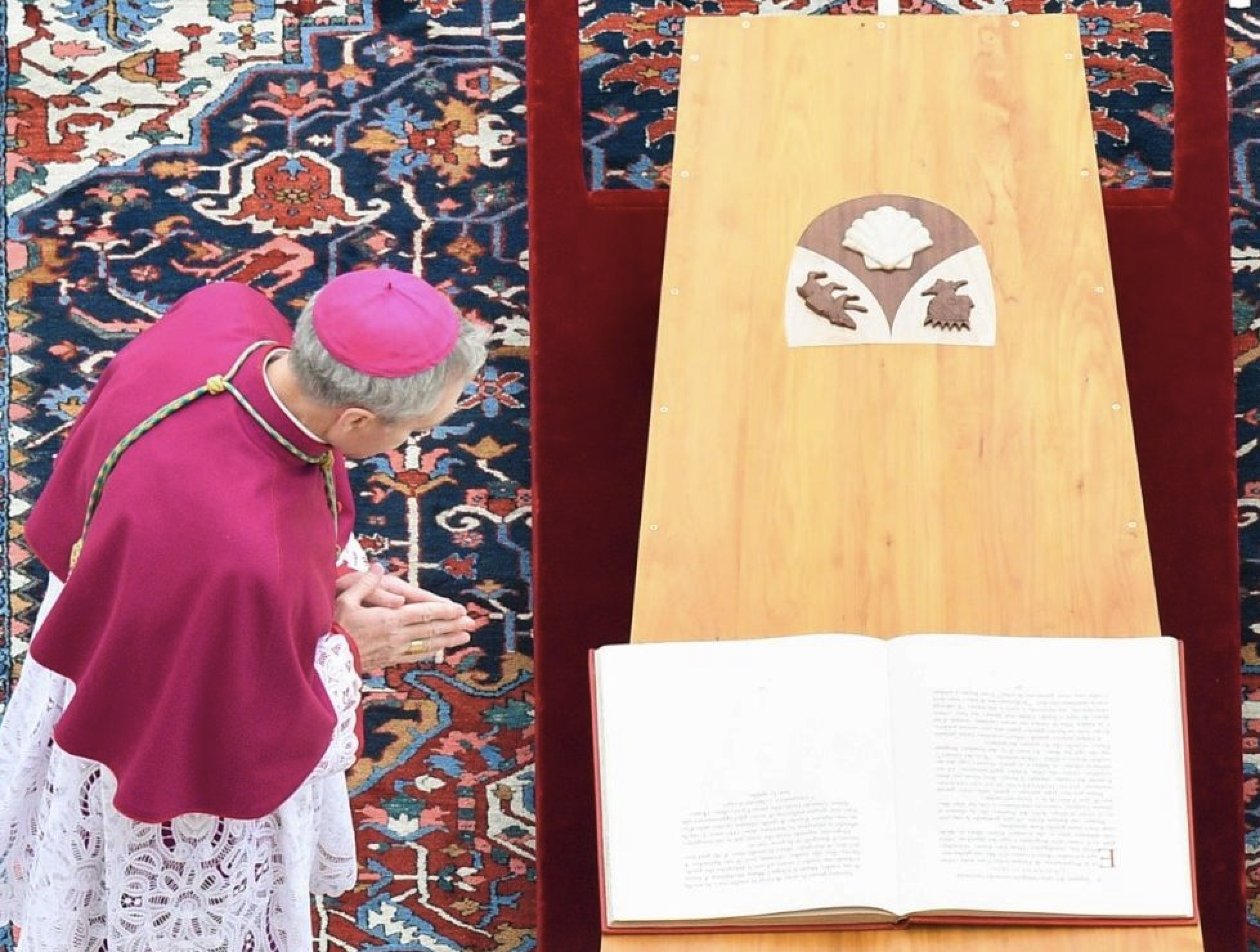By the end of "Raiders of the Lost Ark," archaeologist Indiana Jones had learned enough to know that he should close his eyes when facing the wrath of God.
Apparently, that kind of power can melt Nazis -- without changing the hero's soul.
"Why won't Indiana Jones convert? We aren't insisting that he convert to our faith or to his father's faith or really to any faith in particular," noted Jack Bennett, in a Popcorn Cathedral video marking the "Indiana Jones and the Dial of Destiny" release.
"What we want to know is why he is always back to square one at the start of every adventure -- a skeptic, or even a scoffer. I mean, think about it: He has seen the Ark of the Covenant opened and the destroying angels pour out God's vengeance on his enemies. He has seen the sacred Hindu stones come to life. …He has seen the true cup of Christ heal his own father from a fatal gunshot wound -- on screen, with no ambiguity."
In what the 80-year-old Harrison Ford has promised is the finale, Indiana Jones remains the archaeologist who risks everything to keep supernatural, even holy, artifacts out of the bad guys' clutches.
This is a war between archetypes of Good and Evil -- with capital letters. The Nazis are on one side, fighting with a brave skeptic who careens through scenes based on Saturday-matinee classics. Miraculous stories from the past are mere fairy tales, until he learns that Higher Powers are at work. Then again, maybe it's just aliens or generic supernatural forces.
In the new film, Jones confesses: "I don't believe in magic, but a few times in my life I've seen things, things I can't explain." But after a life wrestling with sacred mysteries, he concludes: "It's not so much what you believe. It's about how hard you believe it."










